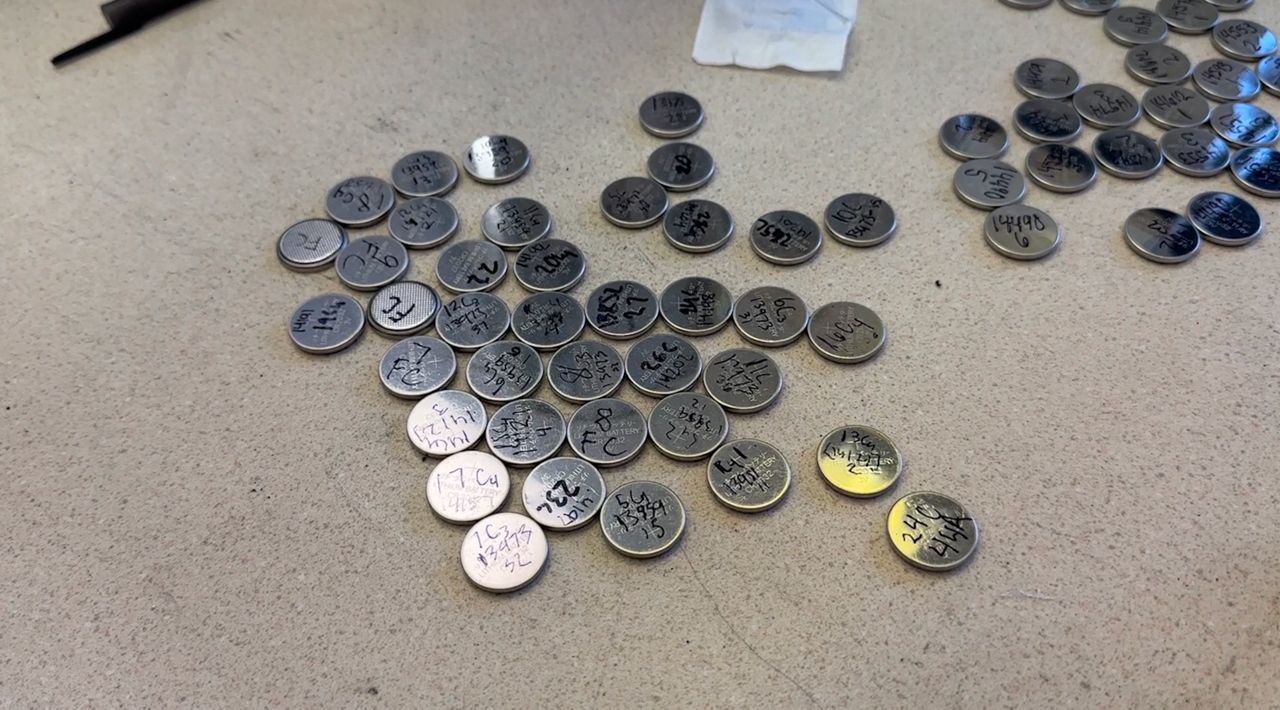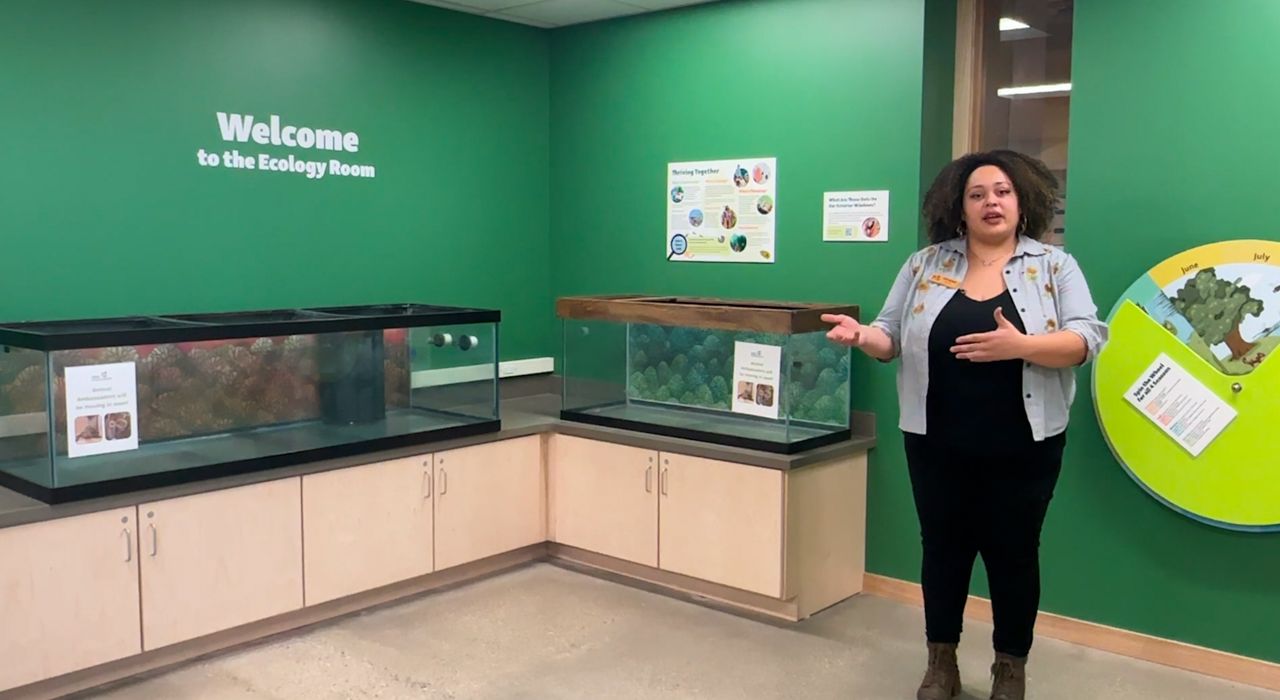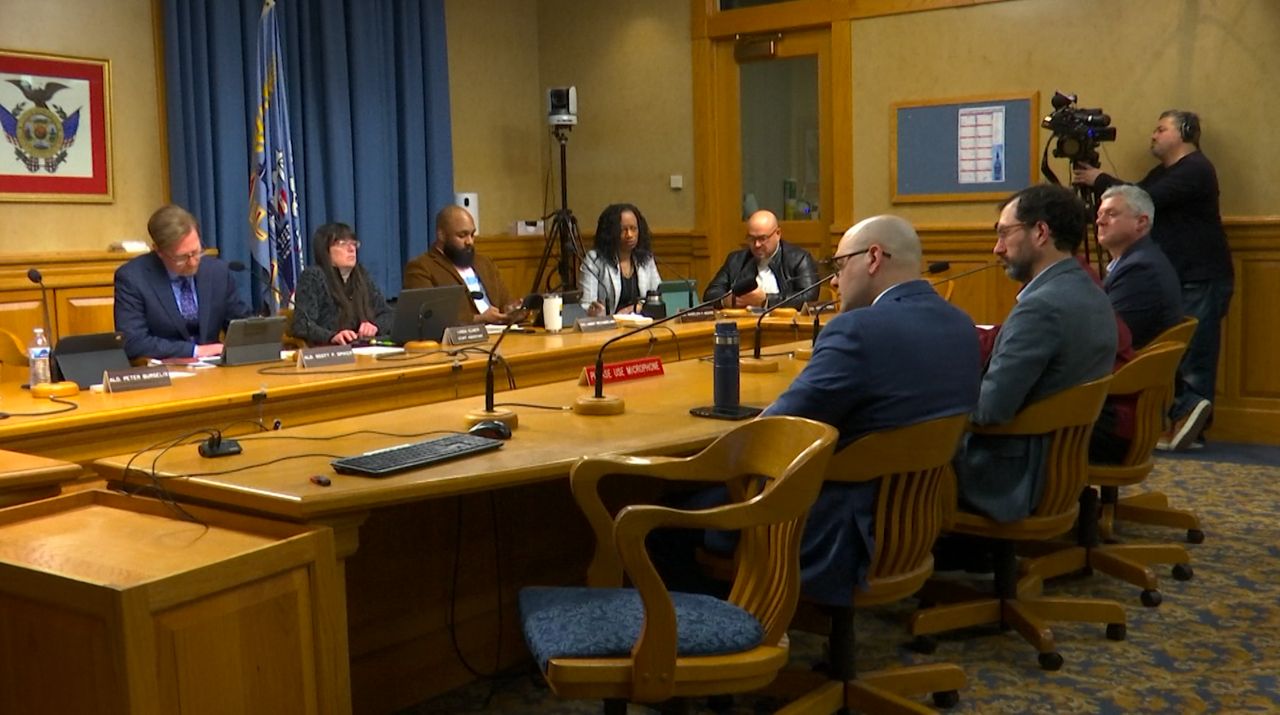WAUWATOSA, Wis. — Carol Hirschmugl got her PhD in Physics from Yale University and worked around the world before taking a job as a physics professor at the University of Wisconsin-Milwaukee. Her work there is what led her to create COnovate.
“While I was there, we discovered a new material, and we patented it,” said Hirschmugl.
That new material is an organic residue from trees, which is referred to as a “Bio Feedstock.” Hirschmugl found it can be used to make more earth-friendly and longer-lasting lithium-ion batteries.
“When we make this from sustainable bio-feed stocks, it’s a much cleaner process, and it’s a recyclable process because we are deriving it from byproducts from trees,” she said.
Currently, most lithium-ion batteries use graphite. The vast majority of graphite is mined in China. That means the mineral is a limited resource for the U.S. The country’s access to graphite comes with a high cost and risk of supply-chain issues.
“With our process, everyone can make this domestically available locally for their battery cell manufacturer,” said Hirschmugl.
That’s why the Department of Energy is giving COnovate $1 million to further develop its patented technology for commercial production.

David Rothfels, a research-intern at COnovate, said the new funding from the federal government makes the work he’s doing feel even more important.
“I have always been interested in chemistry and battery chemistry, as well as looking for safer and cleaner ways to make lithium-ion batteries that can be more helpful for the environment,” said Rothfels. “It was something that really interested me, and why I was very thankful to actually be brought along to work on this project.”
Hirschmugl has high hopes for the more “sustainable” battery offering she and her company founded.
“It delivers faster charging, higher capacity than graphite, and it delivers a safer battery overall,” said Hirschmugl.











